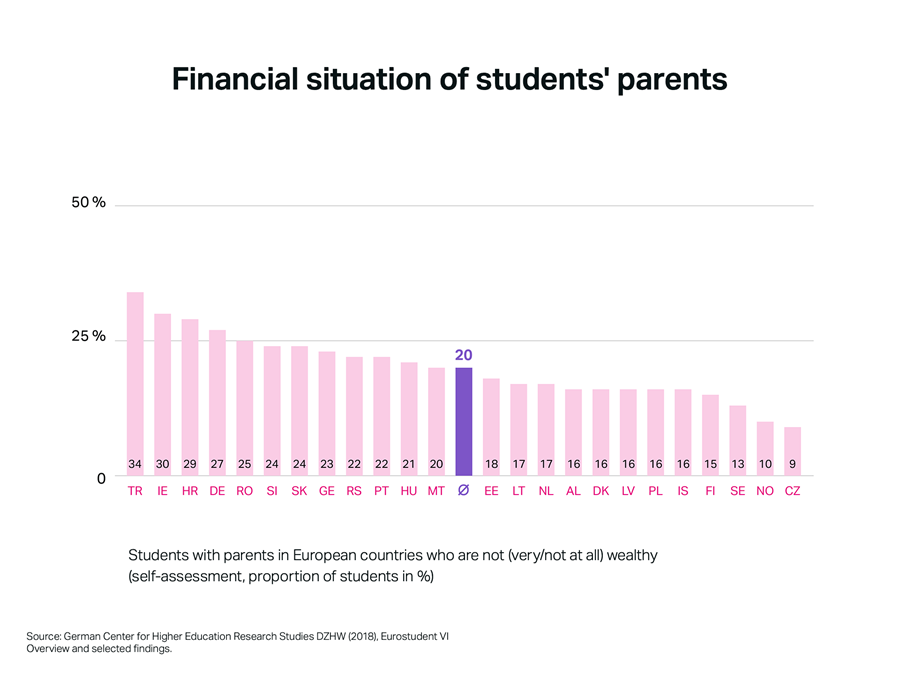
Education: Enabling People to Act
Education is highly valuable, both individually and societally. It enriches our lives, delivers new insights, and fosters self-awareness. Education enables higher incomes, social advancement, prosperity, and progress. However, given the dynamic changes in the world, a new ideal of education is needed to enable us all to act with a clearer focus on the future.
Education for Sustainable Development
The concept of education for sustainable development aims to achieve this within the framework of the United Nations Sustainable Development Goals (UN SDGs). This will allow the 17 SDGs to be achieved on a broader basis. However, as of 2023, they have only been implemented at a rate of twelve percent, meaning the UN concept of sustainable education needs to achieve much greater resonance worldwide.
Expanding Sustainable Educational Systems
To create a sustainable world, people need more knowledge and expertise, as well as unifying values based on a common sense of humanity and altruism. Greater awareness of the need for this kind of change is also essential. To achieve this, educational systems must become much more accessible. Currently, students from educationally disadvantaged backgrounds are the minority in 60 percent of European countries; only 20 percent of university students come from lower-class families.

Recognizing and Utilizing Potential
In a rapidly changing world where digitalization and artificial intelligence are altering our everyday lives and work, it is essential to establish “digital competence” as a fixed part of general education. Additionally, we need to foster competence in the natural sciences and make them a higher educational priority.
Many young people are interested in STEM fields (science, technology, engineering, and math), but only 25 percent of new OECD students take these subjects. Often, little effort is made to stimulate interest in the natural sciences among girls, or worse, girls may be discouraged from studying these subjects, or their potential may not be recognized. This runs contrary to the needs of the economy, which often suffers from a lack of trained scientists.
According to a study, there could be 50 million open positions in STEM fields by 2030. To utilize this potential, we should make STEM professions more attractive and get both male and female students excited about them from an early age. Through exciting, practical instruction, we can spark interest in STEM subjects and motivate young people to pursue careers in the natural sciences.
“It is becoming more and more difficult to get young, talent interested in careers in the natural sciences. The chemical industry, in particular, needs much bolder initiatives to make their diverse and interesting career paths more attractive. Covestro is doing so in many different ways: for example, we offer a wide range of entry-level positions to help young people get started in STEM professions. Better education in the natural sciences in schools would help us!”
Education as the Key to Success
The entire economy is working to better convey the attractiveness of STEM professions and the potential of digitization. The science-based chemical industry is an important driver of education for sustainable development and supports the global transformation. It contributes fact-based thinking and action, the willingness to work together in a solution-oriented manner, and a high level of innovation at the interface between technology and the natural sciences.
At Covestro, we are aware of our responsibility and are involved in a wide range of educational initiatives. Our goal is to foster expertise in STEM fields and get the next generation excited about these forward-thinking areas. Covestro is doing so worldwide through numerous projects to promote education, all aimed at helping young people take active responsibility and initiative in shaping their futures in an increasingly complex world.




















